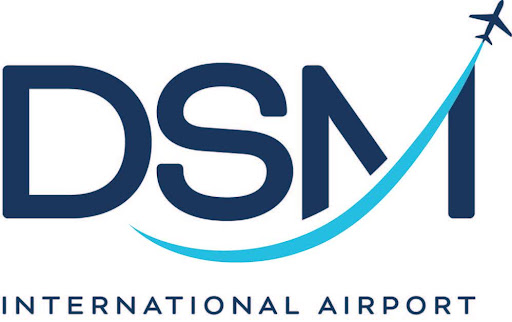Grimes’ decision represents big win for DART

A decision by the city of Grimes last week was a victory for regional transit in Greater Des Moines.
Grimes Mayor Thomas Armstrong sent a letter to the Des Moines Area Regional Transit Authority (DART) rescinding a withdrawal letter originally submitted last November. The withdrawal would have raised the property tax rates for residents in other communities with DART service and would have made Grimes the second community to drop service with the bus system since it was formed in 2006.
Thomas said the decision to submit the first letter was tough for him and the City Council. After nearly a year to work things out, the mayor and council decided they wanted Grimes to be a part of the DART system.
“I think obviously we are really strong proponents of regionalism as a whole ¬– the metro area working together,” Thomas said. “We all have to continue to work together to see the metro area continue to have growth and expand.”
The original decision Grimes made wasn’t unique. Waukee decided to drop DART service before actually gaining it. Johnston and Clive, like Grimes, rescinded withdrawals after having service added.
The issue stems back to DART’s origin. When DART was formed, it replaced the Metro Transit Authority (MTA) bus system and turned it into a more regionalized network. As a result, residents in some communities were forced to pay a tax levy for a service they weren’t used to. Last year, Grimes, which never had bus service with the old MTA, decided the levy was too high for the services the city received.
DART officials didn’t want to risk losing Grimes, so they increased the service. In addition to the existing service the city had, which consists of a weekly on-call service to Valley West Mall each Wednesday where residents could call the bus to pick them up along a designated route, there is now a park-and-ride stop at the new Grimes Wal-Mart to go along with two others on the west side of DART’s service area.
Officials also met with Thomas and the council several times.
“I think it’s a matter of multiple things,” Thomas said of why Grimes decided to keep the service. “DART was really looking at doing a new comprehensive plan and actually adding services to the city of Grimes at the current time — those are probably the two major items that made us say, ‘Maybe we should re-evaluate our decision.’”
For DART, it represented a major victory in two ways.
First, losing Grimes’ participation would have cost DART about $80,000 next year. That would have resulted in a higher levy rate for residents in other communities.
Furthermore, it would have undermined the vision DART is planning for the future.
DART is getting ready to start the process of developing a long-term comprehensive plan. When it comes to the planning, “we’re all in this together,” said Angela Connolly, chair of the DART Commission and a Polk County supervisor.
“(Grimes’) citizens will be part of the process. They’ll be able to communicate with us on what they think they need,” Connolly said. “It’s really important for all the communities to stay in, just for future transportation plans, and all the funding that comes across.”
The more communities that are involved, the more service DART can afford to provide without raising prices for everyone. Connolly believes both sides benefit from each other.
Though she didn’t think Grimes’ decision and process had any effect on how other DART-serviced areas would decide to operate in the future, Connolly said the decision probably helped strengthen DART’s standing.
“I think most communities recognize the value of public transportation for their community, and also addressing regional issues like public transportation,” Connolly said. “I’m sure they paid attention. I’m sure it helped.”











